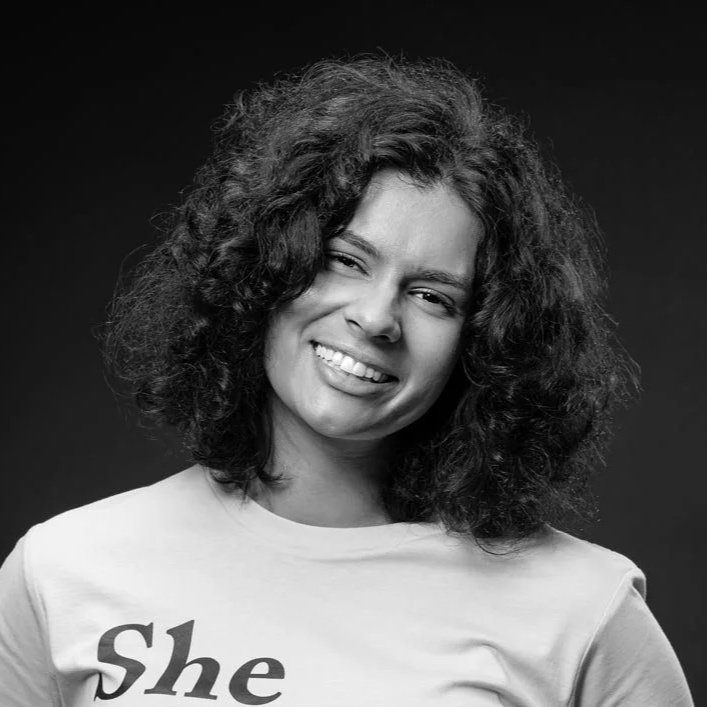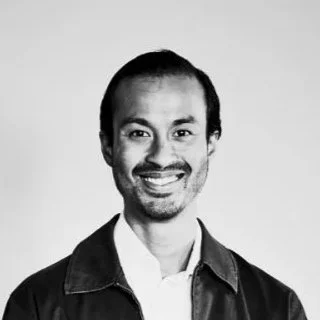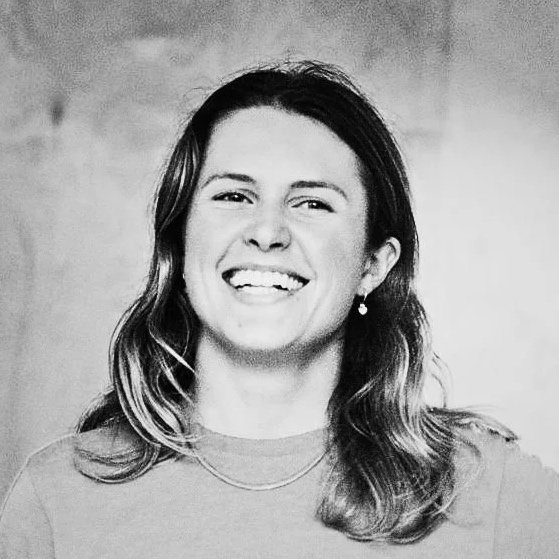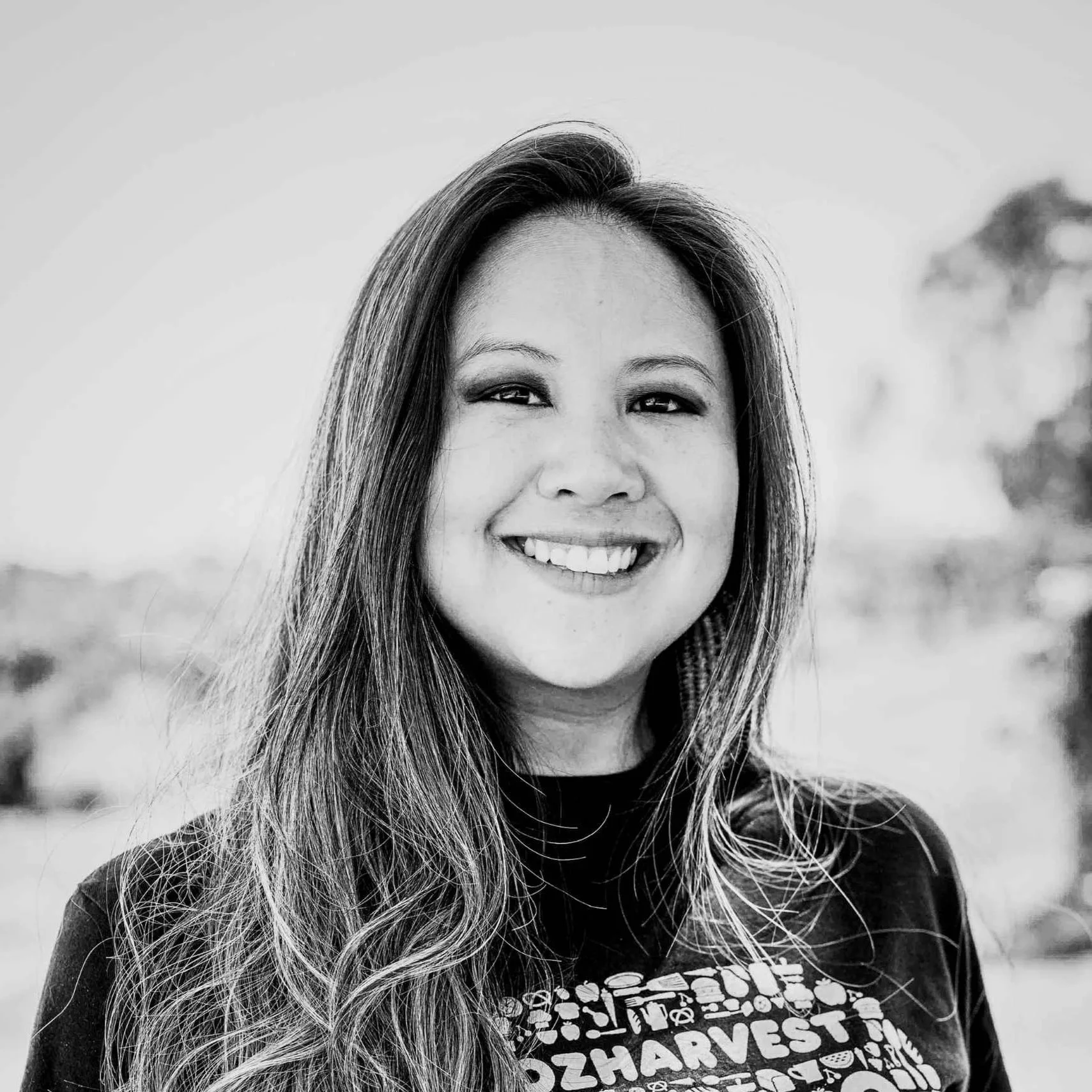Louise Aitken On Redefining Enterprise To Deliver Positive Social & Environmental Impact
Louise Aitken is the CEO of the Ākina Foundation, New Zealand’s principal intermediary for social enterprise. Following SEWF 2017, hosted in Christchurch NZ, Ākina has been appointed the strategic partner to the New Zealand Government to further establish the social enterprise sector and to help transform the NZ economy by harnessing the power of enterprise for positive and environmental impact.
A strong advocate for social responsibility and impact, Louise leads a talented and passionate team of social enterprise and impact investment experts, providing support, capability and thought leadership both across New Zealand and internationally. Louise joined Ākina in 2016, following a successful corporate career, which included the management of New Zealand’s largest corporate social responsibility programme.
Louise currently sits on the Board of the Impact Enterprise Fund (NZ’s first impact investment fund) and has been recently appointed to the National Advisory Board for Impact Investing Network Aotearoa New Zealand. Louise is also on the Advisory Board for Misprint Co.
Louise is Wellington based.
Louise discusses what social enterprises need to know to deliver significant impact, she shares her views on how the government can most appropriately support the sector, as well as suggesting the core ingredients at the heart of any good enterprise.
Highlights from the interview (listen to the podcast for full details)
[Tom Allen] - Could you please share a bit about your background and what led you to working in the social enterprise sector?
[Louise Aitken] - Yeah, certainly. I came to Ākina from New Zealand's largest company. I was coming from Fonterra, that may be familiar to some of your Australian and New Zealand listeners. I was with them for 12 years and I did a lot of things with them, including selling a lot of whole milk powder, which is all good. But my last job with them was running their corporate social responsibility programme. A programme called “Fonterra Milk for Schools” and one called “Kickstart Breakfast”. And that really got me into the social space as such. And I saw the value and the impact that was being delivered by those programmes, and also saw it in the context of a corporate entity, and a huge amount of amazing stuff that was being done by these programmes. And it lead me to think, is there a model that is right for delivering impact?
How can you get the great decision making that was within programmes like that, and the connection to the communities, and to everyday decision making across the business with a large corporate like Fonterra, or small to medium sized businesses who are really at the heart of any economy. That lead me to Ākina, got me interested in the model of social enterprise, and I was very lucky in 2016 to be able to not only move home to Wellington, but also to join the very talented Ākina team, and bring a different set of skills into the organisation and really from a corporate lens, really having an understanding of what opportunities there are to deliver impact through traditional business.
It surely would have given you a lot of strengths to be working in your current role. In 2017, Louise, New Zealand hosted the Social Enterprise World Forum in Christchurch, and the Ākina Foundation played a lead role in the organisation of that event. What do you believe were the key outcomes for New Zealand, having hosted the Social Enterprise World Forum, and what legacy did it leave, now that you have a bit of perspective with a year or so having passed?
That's a great question. It was a real milestone in the development, or the ongoing development of the social enterprise sector in New Zealand. Social enterprise really as a way of doing business is nothing new to the New Zealand economy. We've got examples of social enterprises that have been in the marketplace for over 100 years, many before that if you look at traditional Indigenous enterprise through the first nation of New Zealand, in particular Maori Iwi tribes were trading both domestically and internationally for centuries. At the heart of that was social and environmental impact. And so, but what we were able to do at the World Forum is bring together that organic sector that has developed over the many years and have a conversation about what is the opportunity for social enterprise in New Zealand, what can we learn from our colleagues and friends and other people in other countries that have been doing really amazing stuff, but also what can we contribute.
We are a unique country. Not only given our size and location but also in a cultural context. So we have real strength in that. And I think that one of those significant legacies of the Social Enterprise World Forum being hosted in Christchurch in 2017, was a confidence that we have a story to tell, that we have the ability to contribute strongly in the growing global enterprise sector globally. We also have a really great opportunity to learn from lots of different organisations doing amazing things right across our country. And that was really fun for us. It was the first time we were able to pull together very diverse groups. That was not only entrepreneurs and social enterprises, but also community enterprises, the philanthropic sector, government were there in force.
We had significant contribution from Maori entrepreneurs, as well as the charity sector, so that was fantastic for us to have big, at times hard conversations, but it also lead us to actually create a network, create a tribe where people have continued to have those conversations in the year that's gone by. So that I think was the milestone for us; creating an ongoing conversation that you need a bit of a come together moment, which was what a Social Enterprise World Forum was for us in Christchurch.
When you mentioned some of the ways that New Zealand is really unique in the way that it approaches social enterprise and certainly with a really rich Maori Iwi culture behind you and the size of the country as well. Is there anything else that you believe really makes New Zealand distinct in the way that it approaches social enterprise?
Yes. I think the involvement of government and the interest that government holds for social enterprise. New Zealand is a very accessible a country. Being relatively small and having a pretty simple political structure if you want to call it that, means that we can engage really well and deep with government which is sometimes harder to do in larger countries. I think that what you were able to see as a result of the World Forum is a conversation that's evolved with government around what's the opportunity for social enterprise.
They're very interested in understanding how social enterprise can contribute to government's objectives and goals and the priority that they've searched. Certainly under this current government. And that's a great legacy for us to continue to be able to say how can government, the social enterprise sector, the philanthropic sector and the charity sector, all come together with the ultimate aim of creating a sustainable, prosperous, inclusive New Zealand. And we all hold some solutions to that. So it's about being able to have conversations. That's about being able to share success stories and the barriers that might exist to future growth and work on solutions together. And that's been a real highlight for us over the last year forming the partnership with the New Zealand government.
I’d like you to unpack that a little bit further, Louise. So looking at social enterprise then from a policy perspective and the way that the current government is looking to support the sector, how do you believe that the government can move forward most appropriately to help foster and support an innovative social sector? What are they doing and where do you see that they can best go?
So there's lots of opportunities to do that. And I think when we look at it as far as, ‘what do we believe as a sector we need?’, there is probably four big levers.
First of all, we need our voice, and we need that voice to be influential and heard.
We need capability building that's right for social enterprises at whatever part of their journey they're on.
We need access to the right forms of capital. That also comes with capability building, because there’s no point in just giving money, you also need to provide the support required to make the best of that money.
And also creation of marketplaces.
And I think that throughout all of that is impact, and how does the government and how does society value impact?
And one thing that is really exciting for us here in New Zealand is the commitment of this current government to a new framework of understanding how New Zealand is performing and that's called the Living Standards Framework.
So that's not only looking at our success as a country through a financial lens. It's also taking in the different forms of capital that New Zealanders really care about. So how are we doing in our social structures? How are we doing when it comes to the response to climate change and other environmental issues? What are the things that we're really doing to build strong, prosperous communities? And I believe, and think that it’s a really exciting time for social enterprises. That framework becomes our superpower.
If we're able, as social enterprises, to link our impact through to those key measures that government see as really important, we change the conversation.
We change the conversation being what's our fiscal cost or our cost of, you know, whether it's capability building or all of those things that we need to develop the sector, we actually create a positive contribution because we can report and value and measure the impact that we're delivering as a sector.
And that also goes hand in hand with the charitable sector as well. So these are things that we know will take time. They require a lot of capability building when it comes to organisations being able to talk about their impact in a way that's relevant to whoever they're having a conversation with. But the framework that is coming out of this government is very exciting for us to see a link towards and really use as an umbrella, as well as so as the Sustainable Development Goals. So it creates a conversation like we've probably never been able to have before, which is really great.
It sounds like it's a really exciting time for New Zealand at the moment. So if you were to have all your dreams fulfilled for five years away, or perhaps even 10, what would the dream situation look like then regarding social enterprise in New Zealand?
Probably a little bit controversially, I'll say that it isn't just about social enterprise.
We really want to redefine what enterprise means in New Zealand. Enterprise should entirely deliver positive social and environmental impact. In our view, the heart of that is a social enterprise model. Whereby the primary purpose of that organisation is the impact and they trade to deliver that impact.
But across the spectrum we really want to focus on how can we get impact valued right across the ecosystem. So that's the charity sector, how can we enable the charity sector to really focus on their impact, rather than what's at the moment being often quite a fiscal conversation, is around how much tax is being saved, and what contribution that government makes to the charitable sector.
It sounds like it's a really exciting time for New Zealand at the moment. So if you were to have all your dreams fulfilled for five years away, or perhaps even 10, what would the dream situation look like then regarding social enterprise in New Zealand? [continued]
Let's talk about the impacts and make it a positive conversation. And also at the other extreme, the for-dividend business or traditional businesses, how can we get them to understand more about the opportunities for them to develop a positive contribution to the society or the environment? And that's enabling things like social procurement markets to open up. That's looking at investment maybe differently. It's looking at partnerships in a different way, so that we get significant positive outcomes as well.
So enterprise, I think, is the big opportunity. What's that redefinition?
And if that's where we are in 10 years, that the social enterprise model is seen as the way of doing business, then we are on our way hopefully to being able to solve some of our really big wicked problems that we have here in New Zealand, but also internationally.
Yeah, certainly. I share that vision with you, Louise. So having worked with a lot of entrepreneurs, particularly social entrepreneurs through the foundation, are there any ways that you commonly see the social entrepreneurs going wrong?
I don't know if it's going wrong. I think, what are the big levers that maybe haven’t existed that make it really hard for social enterprises to be successful? I think, the right type of capability being available.
Social enterprises need to not only know how to deliver significant impact, they also need to know how to do it in a financially sustainable way.
So often they might be missing some of those basics; the business skills that might help them do that. So how can we enable organisations who already do great things in supporting the growth of business expertise, understand how to apply that in a social enterprise context. So that's a big opportunity. And on the other side around the impact is, sometimes it's really hard to ask those questions on whether the impact that you're trying to achieve is actually the right thing to do.
So the opportunity of, how do we equip people, whether they're in the entrepreneurial space and have an idea, or they are scaling social enterprise or a community enterprise who is looking to do different things, of actually enabling them to ask the right questions to the right people?
Often, we see organisations ask for support and they've got great ideas and their intentions are so right, but they've never spoken to anyone who actually has the problem that they're trying to solve.
So how do we get social enterprises to understand the system in which they fit in and how do they understand who's doing work in this space?
It might be in the charitable sector, it might be in the more traditional business sense, to actually come up with solutions that solve the actual root cause of the problem and deliver the impact as a result, rather than necessarily only focusing on the symptom.
And those are hard things to figure out. It needs not just an entrepreneur or social enterprise to ask those questions, it's actually people all coming together and contributing their ideas or their skills to be able to solve that.
A social enterprise is never going to solve on it's own, significant problems such as inequality or poverty or homelessness, etc. It's actually a collective impact that we're really looking for. And those are tough questions to ask yourself if you’re a social enterprise.
Certainly. You're in a great position to be involved with many different great enterprises on a daily basis, Louise. So what inspiring projects or initiatives have you come across recently, which you believe are creating some fantastic positive social change?
Oh gosh, that's put me in a tough position because I often don't like to point out one or two; there's so many! We're really, really lucky in our partnership with government that within that partnership we've also formed a really strong, really family connection with an organisation called the Community Enterprise Network Trust and they represent community enterprise in New Zealand. And it is just phenomenal to see what's going on in some of our communities. A lot of their enterprises are focusing on the environmental impact that's required to focus on waste, to focus on environmental impact, to look at things like energy use and poverty and things that, in my very privileged world, I just don't see on a day to day basis. And it's really fantastic to see these organisations who have been around for 20, 30, 40 years in New Zealand and the significant changes that they've been able to enable for the communities in which they are a significant part of. That's something that, the more we can tell those stories about things that are happening in the small communities in New Zealand, that are right for that community, and enabling the strengths of that community to flourish, then those are the things that really inspire us.
Then you've got the other extreme. You've got these extraordinary tech solutions that are coming up. I use the term blockchain and it's, for me, just two words squashed together, but you know, we've got some amazing tech ideas. Not only coming to life and coming to the market, but the primary purpose of them is to deliver social impact, and that's completely new if you think about the last 30, 40 years in the tech industry. That's really exciting. You've got some really amazing things and it's just unleashing that possibility. I think if we're able to do that and do that really well and tell that impact story, there's endless opportunities.
It's certainly an exciting time. To finish off Louise, what books would you recommend to our listeners?
I really struggled with this because I really love Twitter. I'm a bit of a tweet fan. And often what I do is, my feed is all kinds of social enterprise, apart from a bit about Arsenal football club, but, you know, I often get pointed to blogs or pointed to examples of great enterprises that inspire me.
But if I was really thinking about what would be a great book that I've kind of always had as a go to, it's actually a book that was written in 1993, and that's really frightening for me because I know what I was doing in 1993... but it's a book called Maverick by Ricardo Semler and he's a Brazilian guy. I was living in Brazil when the book came out and it was really looking at how he structured one of Brazil's largest enterprises, and how he did it in a way that was all about the people, and all about the contribution an organisation can make. It's not a social enterprise, but I think it's a really good book to reflect back on 25 years later, to think, you know, these are not new ideas.
At the heart of any enterprise are people. And if you are somebody who really cares deeply about the people you surround yourself with, the communities in which you work, and the environment and the land in which you stand, then you can make really great decisions that deliver impact.
Some of them might be really complex, but a lot of them are really simple. It might be about how you delegate authority. It might be about how you reward performance. It might be about what you deem as the purpose of the organisation. And there's some really great books from the eighties, the nineties, which were really challenging at that time. Because at the time, it was all about profit.
But you know, businesses who stand now and will probably still be standing in 20, 30 years, are those that have deep purpose.
It's not just something that the social enterprise sector can hold onto. But I think it's something that we could show other types of business models the importance of profit, not only at an employee and a customer level, but also at a bottom line level. Because it will be something that drives financial performance more than anything else in the next 50 years of our life.
That's something that's really exciting for me and keeps me enthused and focused on growing the epitome of that which is social enterprise. So it's a exciting time.
But in summary, get on Twitter and go ‘social enterprise’ and you'll be inspired every single minute by the great stories that have been shared across the world of enterprises on a day to day basis.
Initiatives, resources and people mentioned on the podcast
Recommended books
Maverick by Ricardo Semler






